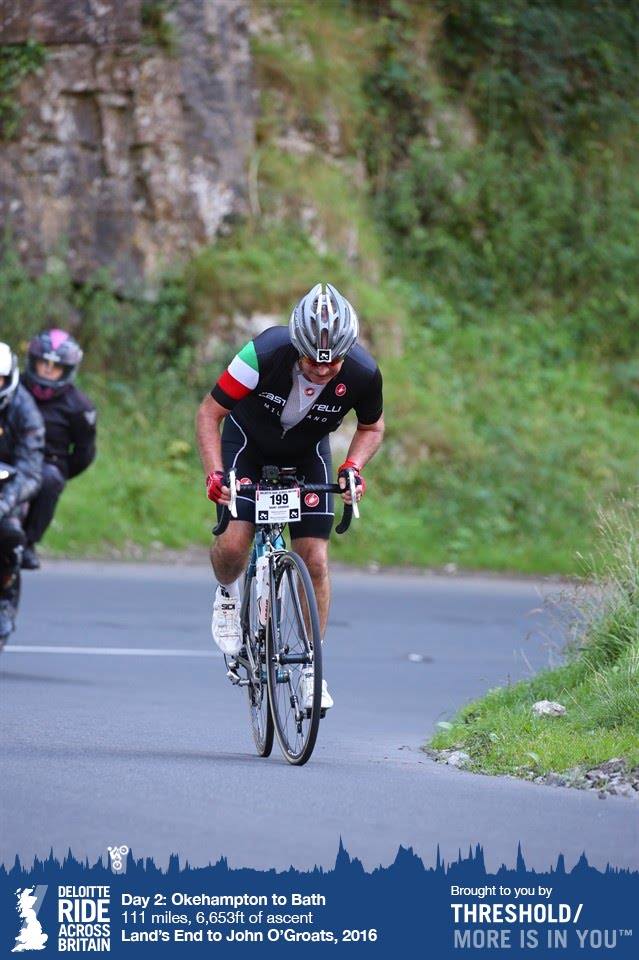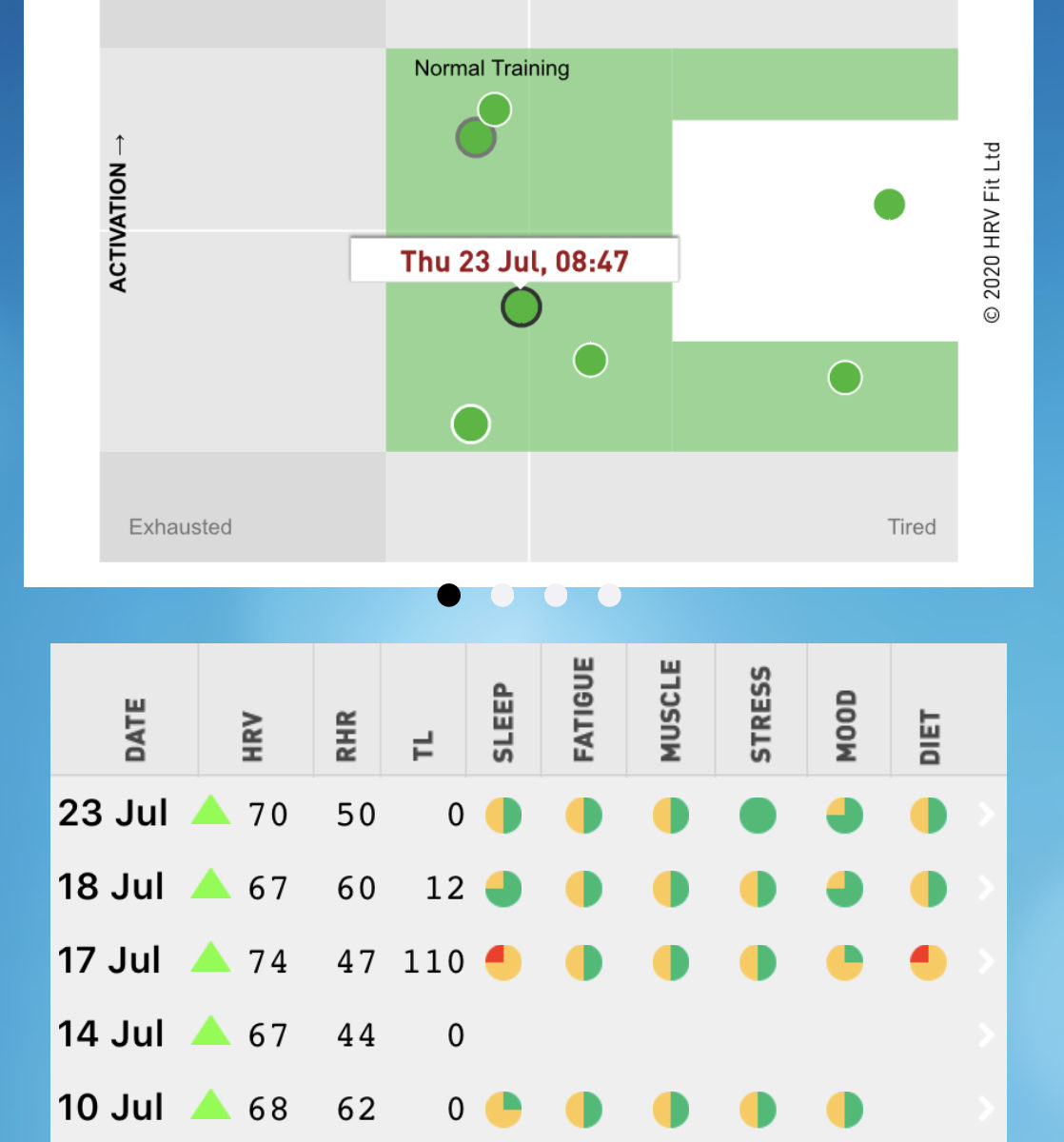The UK Government, and others across the world agree that a population that is active significantly impacts the outcome of health related conditions such as heart disease, type 2 diabetes, respiratory diseases, certain types of cancers, and mental health issues. Building on my post from a few weeks ago, I came across a US study that shows that there is a direct correlation between changes in the time gaps between our heart beats (called heart rate variation) and the leading causes of death.
I have been an advocate of monitoring heart rate variability (HRV) for over 2 years, using this as a means to identify trends in my own health within the context of readiness to train. On days when my HRV reading are high, this indicates that I am well rested, my stress levels are low, the levels of muscle soreness are low and that I am ready to train at a high intensity. The converse is also true, on days when my HRV is decreasing, this can indicate an imbalance in my nervous system, usually caused by lack of sleep or overdoing the training (when doing particular hard blocks of exercise), or perhaps my immune system is taking a hit and I am at the beginning of the the onset of a cold….or worse.
Given the research, the impacts we see of Covid-19, plus my own experiences of monitoring HRV, I am now adding HRV monitoring as default into my coaching services.
When you sign up to any of my online coaching programmes or services, I will set you up (assuming you have a heart rate monitor compatible with the Ithlete App) and work with you during the programme to ensure that understand your baseline HRV and monitor it throughout the entire course. By measuring your HRV every morning, we will know whether you are ready to kick that workout out of the park, or take a more relaxing day if you need greater recovery time…or simply to reflect on what impacts you most in terms of quality of sleep, diet, stress levels, training load, etc.

